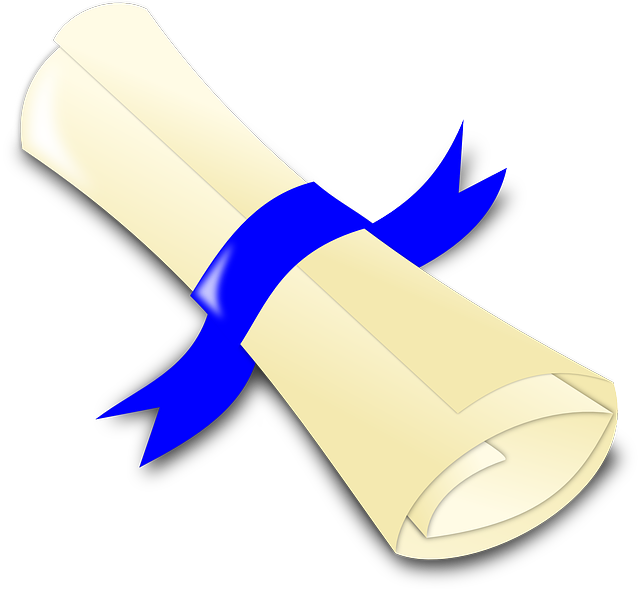
The Certificate in Irrigation and Water Use Efficiency focuses on techniques and technologies to optimize the use of water in agriculture, ensuring that crops receive the right amount of water at the right time while minimizing waste and conserving water resources.
Key Areas of Study:
- Introduction to Irrigation Systems – Learn the different types of irrigation systems, such as drip, sprinkler, and flood irrigation, and understand their advantages and limitations.
- Water Use Efficiency Principles – Study the concepts of water use efficiency (WUE), focusing on how to maximize water productivity and reduce water waste in agricultural practices.
- Irrigation Scheduling & Planning – Gain knowledge in scheduling irrigation based on crop needs, weather conditions, soil moisture levels, and other factors that affect water usage.
- Soil-Water Relationships – Understand the relationship between soil properties (such as texture and structure) and water retention, infiltration, and movement, to design effective irrigation systems.
- Modern Irrigation Technologies – Explore innovations in irrigation technology, including smart irrigation systems, sensors, automated controllers, and remote monitoring to improve water management.
- Water Conservation Techniques – Learn strategies to conserve water, such as rainwater harvesting, mulching, and using drought-tolerant crops.
- Drainage Systems – Study the role of drainage in irrigated systems, including how to prevent waterlogging and manage excess water.
- Economic & Environmental Aspects of Irrigation – Understand the economic factors of irrigation, including cost-benefit analysis, as well as the environmental impacts of water usage and how to mitigate them.
- Sustainability in Irrigation – Explore how to manage water resources in a sustainable way to ensure long-term viability of agricultural systems and reduce water scarcity risks.